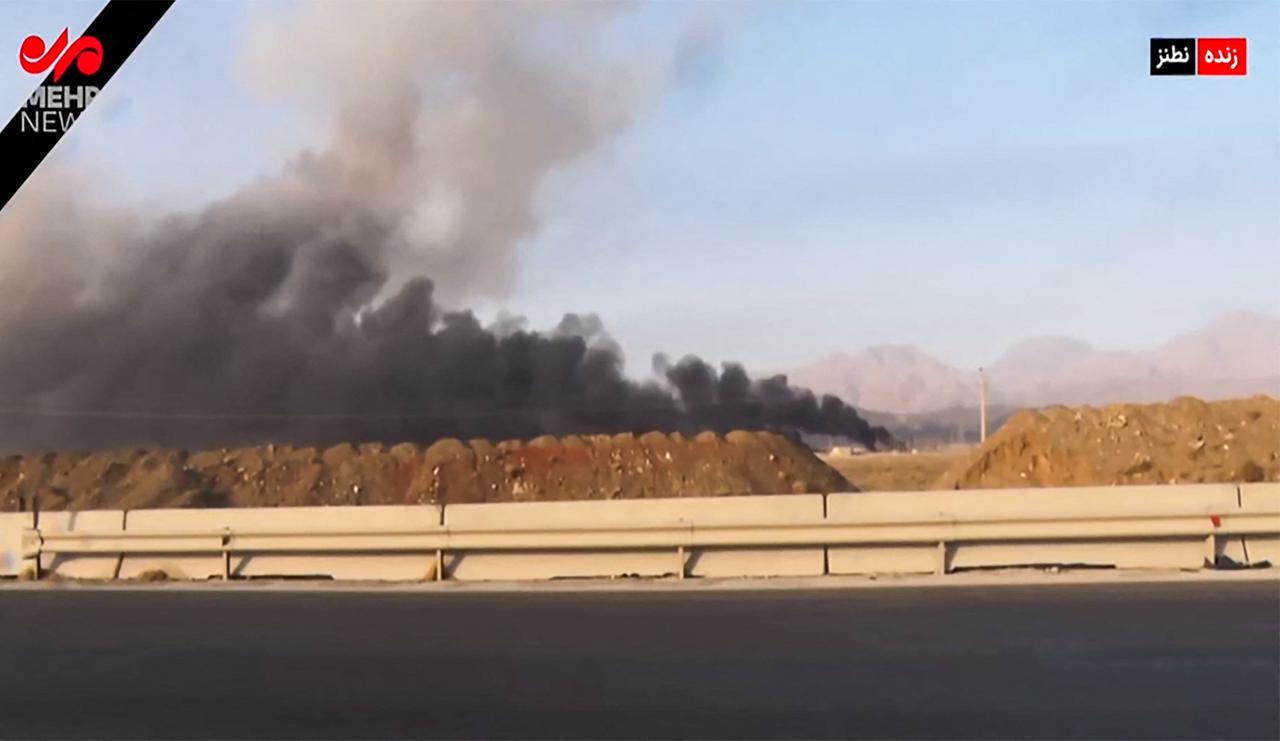
Israel said Friday it killed Iran's three most senior military commanders in surprise overnight airstrikes, marking a dramatic escalation in tensions between the regional adversaries.
The Israeli military identified the targets as Mohammad Bagheri, chief of staff of Iran's armed forces; Hossein Salami, commander of the Islamic Revolutionary Guard Corps; and Maj.-Gen. Gholam Ali Rashid, commander of the Khatam al-Anbiya Central Headquarters.
The Israeli army said more than 200 fighter jets struck over 100 targets across multiple Iranian cities, including Tehran, Tabriz, Kermanshah, Isfahan and Natanz. Iranian outlets initially denied Bagheri's death but later confirmed the assassination of the top general, according to reports from Tehran.
The attacks also killed two prominent nuclear scientists: Fereydoun Abbasi, former chief of Iran's Atomic Energy Organisation and ex-parliament member, and Mohammad Mehdi Tehranchi, head of Islamic Azad University.
The strikes represent a significant expansion from previous Israeli-Iranian military exchanges in 2024. In April, Iran launched missiles and drones at Israel after Israeli forces bombed Tehran's embassy in Damascus. Iran fired a second round of missiles in October following Israel's assassination of Hezbollah leader Hassan Nasrallah and Iranian Brigadier General Abbas Nilforoushan.
"This was completely by surprise. And the scale of this attack is much larger and broader," said Al Jazeera correspondent Dorsa Jabbari, noting the attacks broke previous patterns that included advance warnings.
Iran's Tasnim news agency reported that at least 50 people were injured and taken to Chamran Hospital in northern Tehran, with 35 of the wounded being women and children.
The timing threatens to derail nuclear negotiations between the United States and Iran. Trump's Middle East envoy Steve Witkoff was scheduled to meet an Iranian delegation this weekend in Oman for the sixth round of talks aimed at curbing Tehran's nuclear program.
Oman, which has mediated the nuclear discussions, condemned the strikes as a "dangerous and reckless escalation" that "violates the principles of international law." Iran's Foreign Ministry accused Washington of complicity in the attacks and vowed revenge.
Jordan temporarily closed its airspace "in anticipation of any dangers resulting from the escalation happening in the region." At the same time, Saudi Arabia's Foreign Ministry called the strikes "a clear violation of international laws and norms."
Ali Akbar Dareini, a researcher at the Centre for Strategic Studies in Tehran, described the attacks as "a declaration of war" and suggested U.S. involvement, noting American embassy evacuations in Iraq and Trump's prior comments about potential Israeli strikes.
"There is absolutely no way that Iran cannot respond to this act of aggression," Dareini said, adding that retaliation appeared inevitable despite the loss of key military leadership.
The Washington-based rights group DAWN called the strikes "unlawful" and "unprovoked," urging the United States to "completely decouple its interests from Israel's reckless war-making."
Iranian officials were reportedly meeting to determine their response, with analysts saying retaliation was not a question of if, but when.